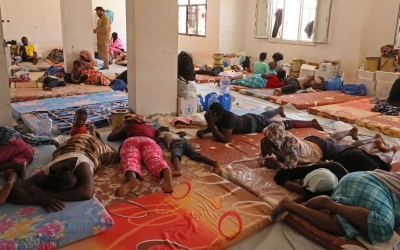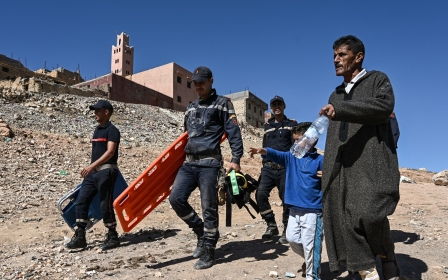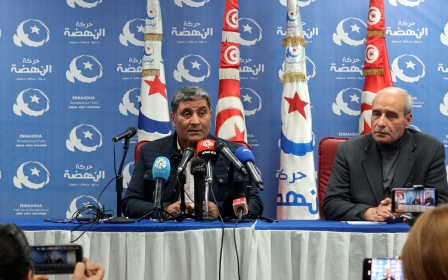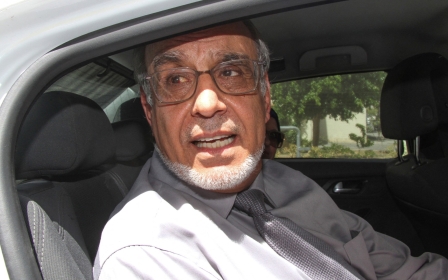Tunisia: Decision to bar EU delegation a 'slap in the face' for diplomacy
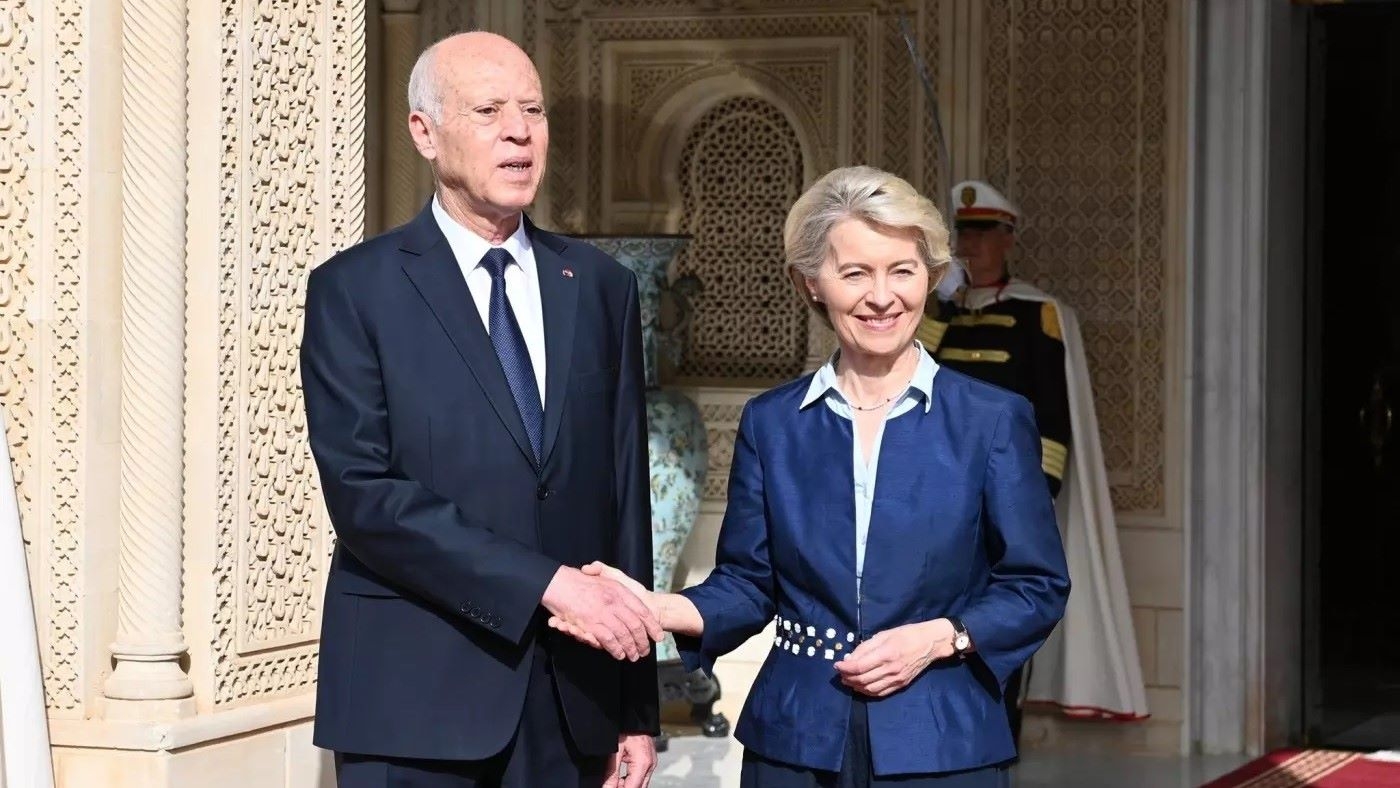
A member of the European Parliament barred from entering Tunisia has called the decision a “slap in the face to parliamentary diplomacy".
Speaking to Middle East Eye on Thursday, Mounir Satouri, a French member of the European Parliament's Committee on Foreign Affairs, condemned the decision by the Tunisian foreign ministry to stop a delegation from the EU body from entering the country.
“This is the first time since 2011 that it has not been possible to simply exchange views, to meet the players in the country's political and associative life,” Satouri said.
The decision by Tunisian authorities comes shortly after some European parliamentarians (MEPs) spoke out against a deal Brussels made in July that would reward Tunis for stemming the flow of migrants across the Mediterranean.
In a statement, the Tunisian foreign ministry said on Thursday that the EU delegation would not be allowed entry due to "multiple reservations" about the visit.
New MEE newsletter: Jerusalem Dispatch
Sign up to get the latest insights and analysis on Israel-Palestine, alongside Turkey Unpacked and other MEE newsletters
“Tunisian President Kais Saied closes the door on the European Parliament to better isolate Tunisian democrats,” Satouri said in response to the decision.
The deal between the EU and Tunisia, and lobbied for by Italy, in particular, would see Tunis receive hundreds of millions of dollars in financial support in return for its help dealing with immigration into the EU.
But the deal has proved to be controversial among MEPs who warn that it risked empowering an authoritarian government, which has launched racist campaigns against migrants in the country.
The deal effectively gave Saied a “blank cheque to his autocratic governance”, warned Satouri.
“This agreement is not in the interests of Tunisians. It flouts the values that Tunisian democrats and the European Union are supposed to share,” he added.
“A large part of the European Parliament denounces this agreement because it is a dead end for Tunisia,” said Satouri, adding that the president of the European Commission, the president of the European Parliament and the high representative of the EU needed to do more to push back against Saied.
Hasty deal
The European Commission, the EU's executive arm, has defended the agreement.
Earlier this week, amid mounting criticism, European Commissioner Oliver Varhelyi accepted that a "number of recent developments were worrying” in Tunisia, but nevertheless argued that the “new global and strategic partnership with Tunisia is necessary”.
“The socio-economic situation [in Tunisia] makes it all the more relevant for the European Union to engage strongly in the region,” said Varhelyi.
Many on the left inside the European parliament have attacked the agreement, while others on the right and far right have argued that it does not go far enough.
“This partnership is important in the long term, but it must also produce results in the short term,” said Jeroen Lenaers, a right-wing Dutch politician.
“We are in September and already the number of arrivals in Europe via the central Mediterranean is at the same level as for the whole of last year,” he said.
When the deal was struck in July, Germany and 12 other European Union member states complained about being sidelined in the rush to sign the controversial $1bn migration pact with Tunisia.
The memorandum was vaguely worded and its presentation was "hasty and superficial", according to some analysts. Separately, press questions were not allowed during the Commission's two visits to Tunis.
The agreement was negotiated without consulting civil society groups and "lacks crucial human rights safeguarding", according to Amnesty International.
The deal was struck amid a wave of violence targeting sub-Saharan Africans in Tunisia.
Tunisian security forces expelled hundreds of sub-Saharan Africans to the desert border with Libya in July after violent confrontations in Sfax. Huge numbers are reportedly still stranded in the militarised zone without water.
In February, Saied was widely criticised over incendiary comments in which he claimed that irregular migration from sub-Saharan African countries was part of a plot to transform the demographic make-up of Tunisia.
Middle East Eye delivers independent and unrivalled coverage and analysis of the Middle East, North Africa and beyond. To learn more about republishing this content and the associated fees, please fill out this form. More about MEE can be found here.


